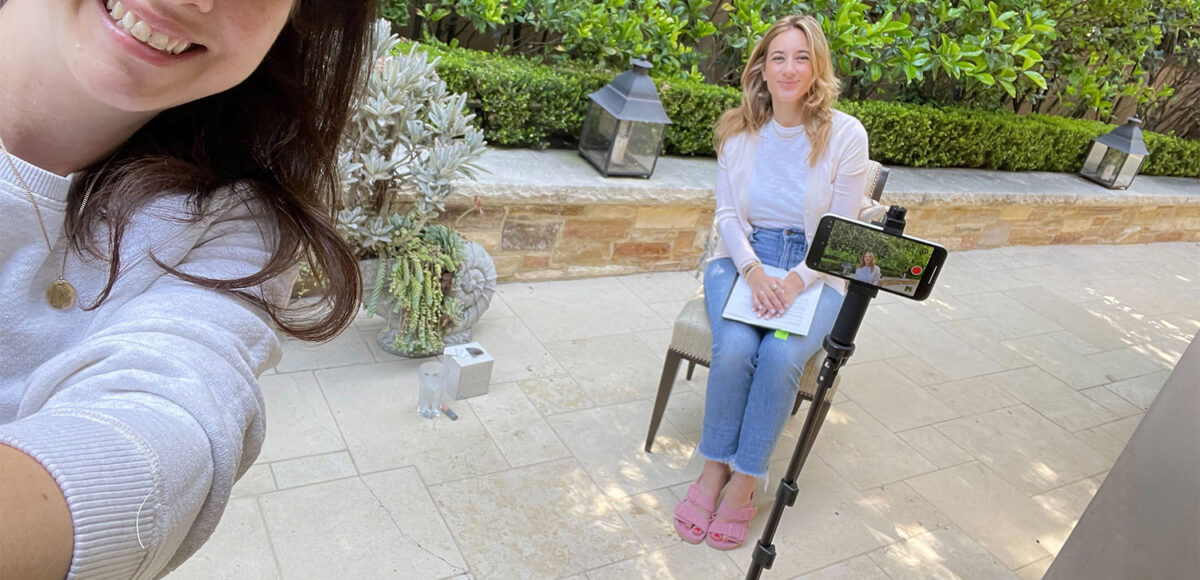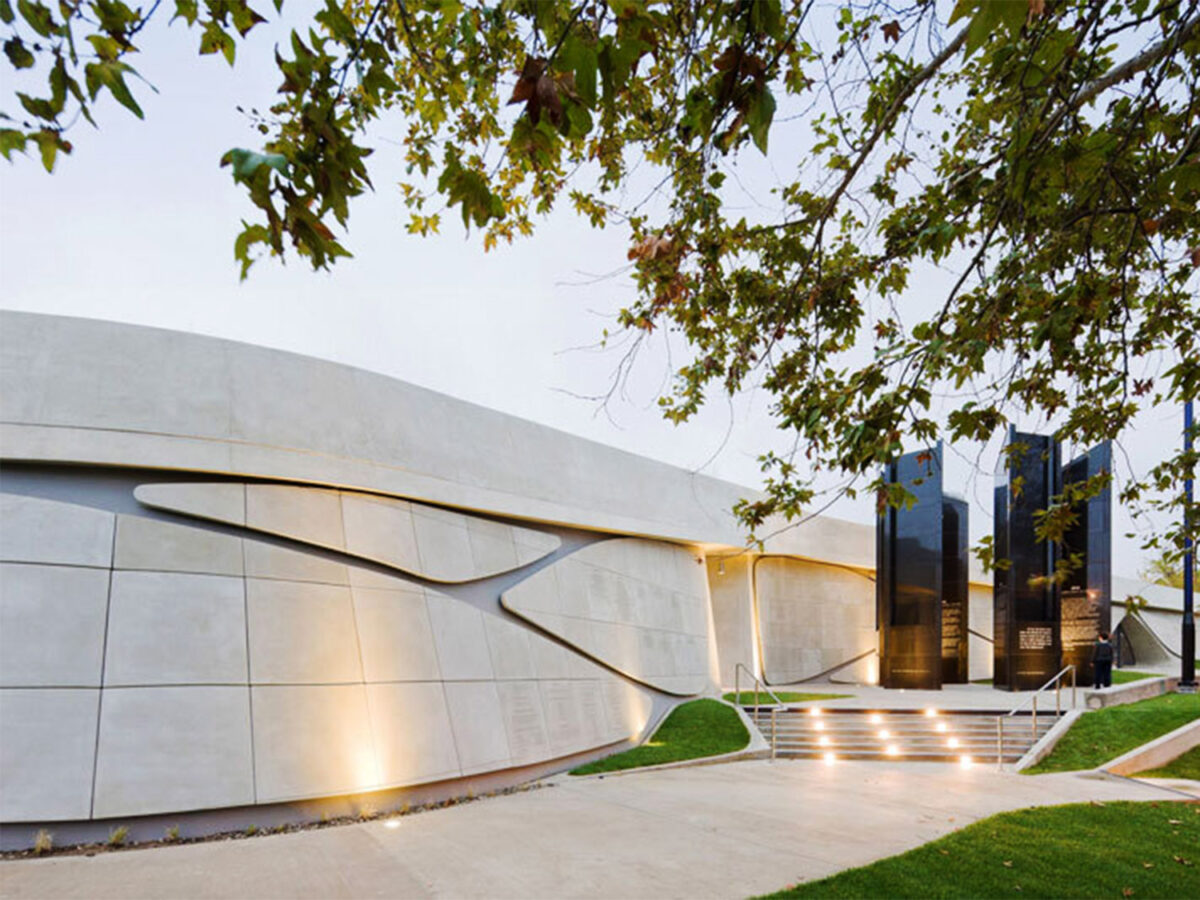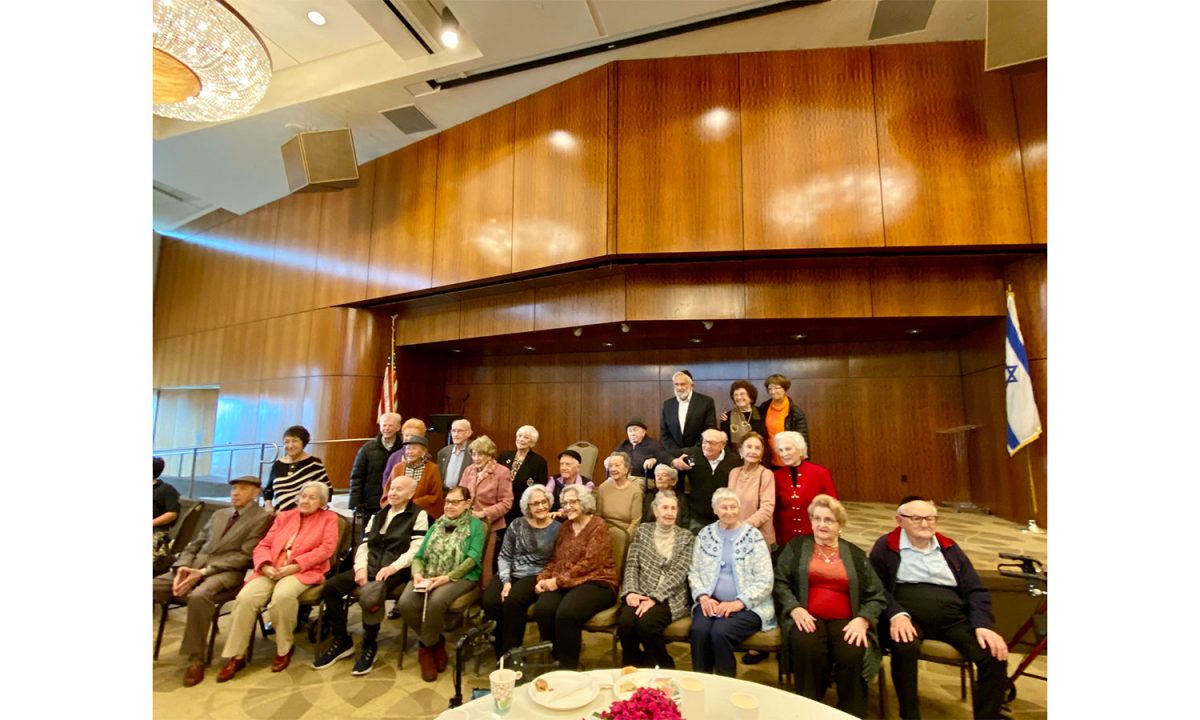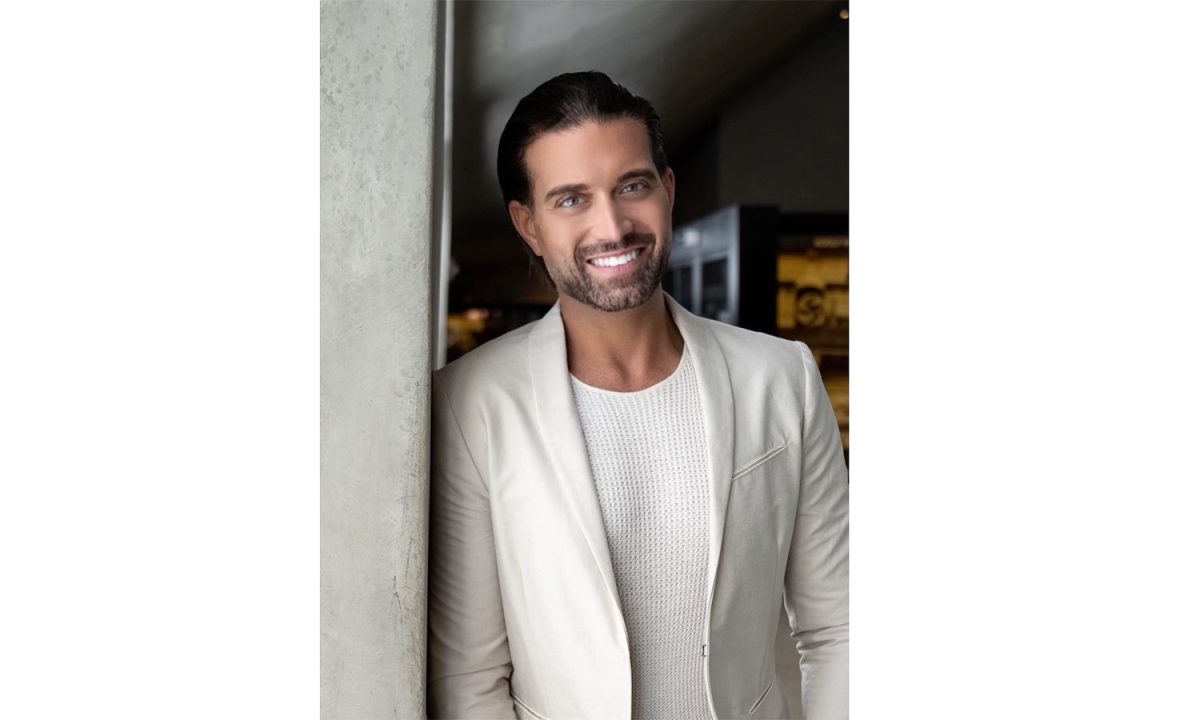When Carolyn Siegel, the granddaughter of two Holocaust survivors, saw Los Angeles fall prey to a string of antisemitic incidents in 2020, she couldn’t help but think that if more people had heard the stories she grew up with, this kind of hatred wouldn’t exist.
And in that instant, the idea for her nonprofit organization—If You Heard What I Heard—was born. The organization records the stories of grandchildren of Holocaust survivors, who are the last generation to ever hear survivors’ awe-inspiring and harrowing tales firsthand.
The hope is that these videos, replete with raw emotions and heart wrenching details, will make the Holocaust feel more relevant and encourage listeners to put themselves in the shoes of those brave grandparents.
Since Hamas’ Oct. 7 attack on Israel, this mission has only become more urgent.
“I think that so many of today’s generation don’t know enough about the history of the Jewish people,” she said. “There are so many incredible stories of hope and resilience that we’ve captured as part of this work, and I think that is something we all need now more than ever.”
Growing up in a Jewish community and attending Temple Emmanuel Day School in Beverly Hills, Siegel never imagined that one day she would be compelled to establish an organization to fight antisemitism.
But she does remember being a young child and hearing her grandfather, Moses Locker, recount his experience escaping Poland.
“At the end of that conversation he said, ‘Carolyn, it will be the job of your generation to make sure the world never forgets’,” she said. “I really didn’t understand that as an eight year old, especially an eight year old who grew up in Los Angeles in a Jewish school with friends who also had grandparents who were Holocaust survivors.”
This understanding shifted dramatically in May 2020 when a temple by the Grove was graffitied, and it struck Siegel that this was the fifth or sixth antisemitic incident she had heard of that year.
A year later, she launched If You Heard What I Heard with 15 interviews. This includes her own video sharing her grandpa’s story.
Both are now deceased, and it is thanks to the memories they shared with family members like Siegel that their stories live on.
Over the last two and a half years, If You Heard What I Heard has grown to host 40 stories, including six stories told by grandchildren from Beverly Hills, with several more stories on the way.
These videos not only ensure that these memories are not forgotten, but also that people actively remember the incredible resilience of the Jewish people.
“We are strong people, we can get through anything,” said Siegel. “Humans are so resilient, and I think all of us have to remember that whether you’re Jewish or not.”
This aspect of the organization’s mission has also become more important since Oct. 7, as many Jews feel unsafe in their communities.
The steady rise of antisemitism in recent years has made more grandchildren realize how imperative it is to preserve their family’s history and the organization has been inundated with requests for videos.
“We have a very extensive waitlist of people who want to share their story, but we don’t have the resources to get to everyone,” said Siegal. “Fundraising is really important for us right now as an organization for the purpose of being able to tell these stories and to live up to our mission to make sure the world doesn’t forget.”
All of the interviews and a link to donate to the nonprofit can be found at www.ifyouheardwhatIheard.com.






